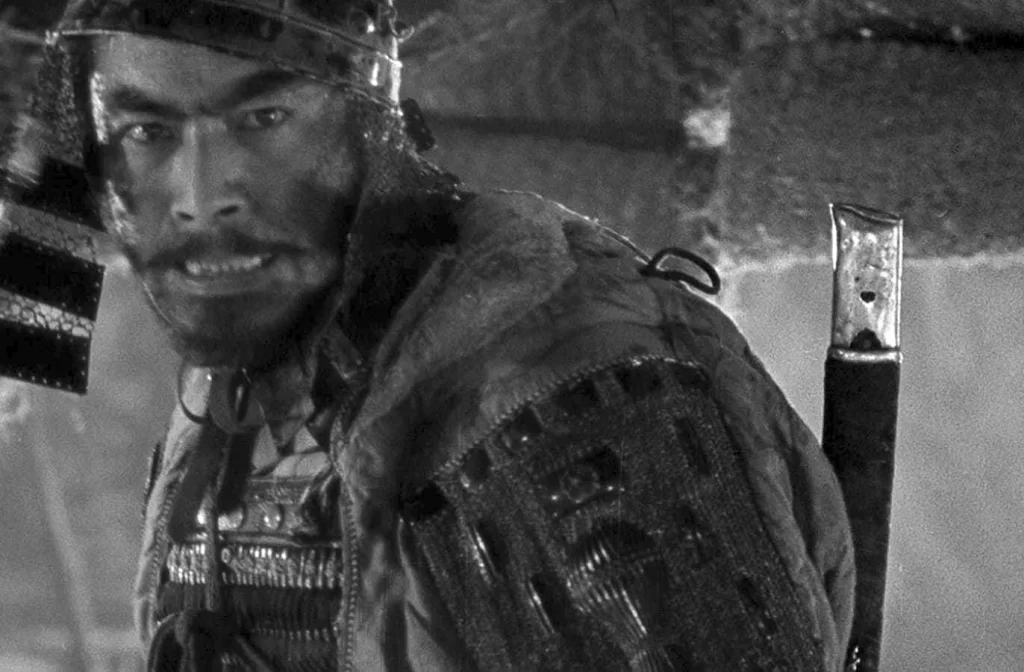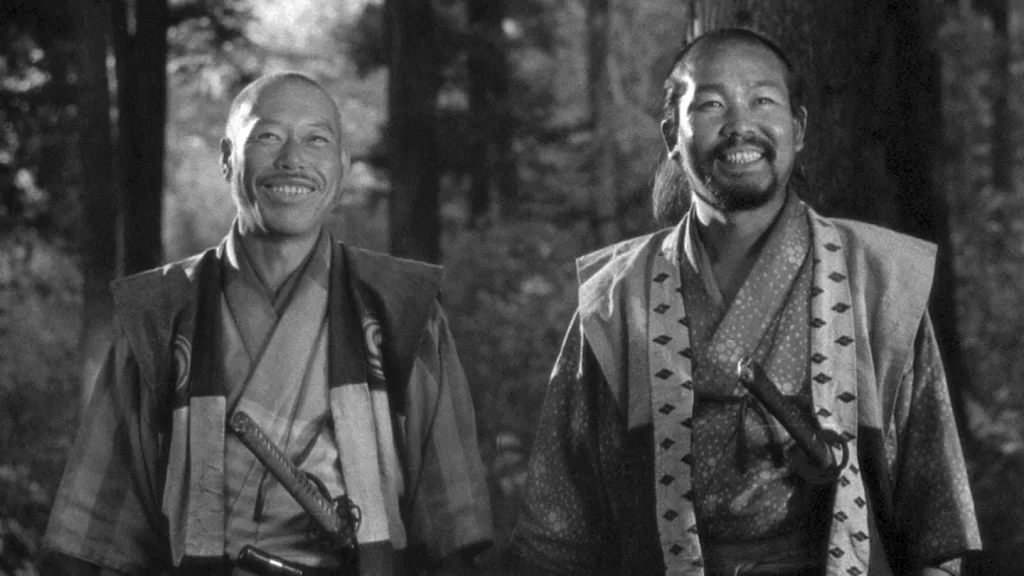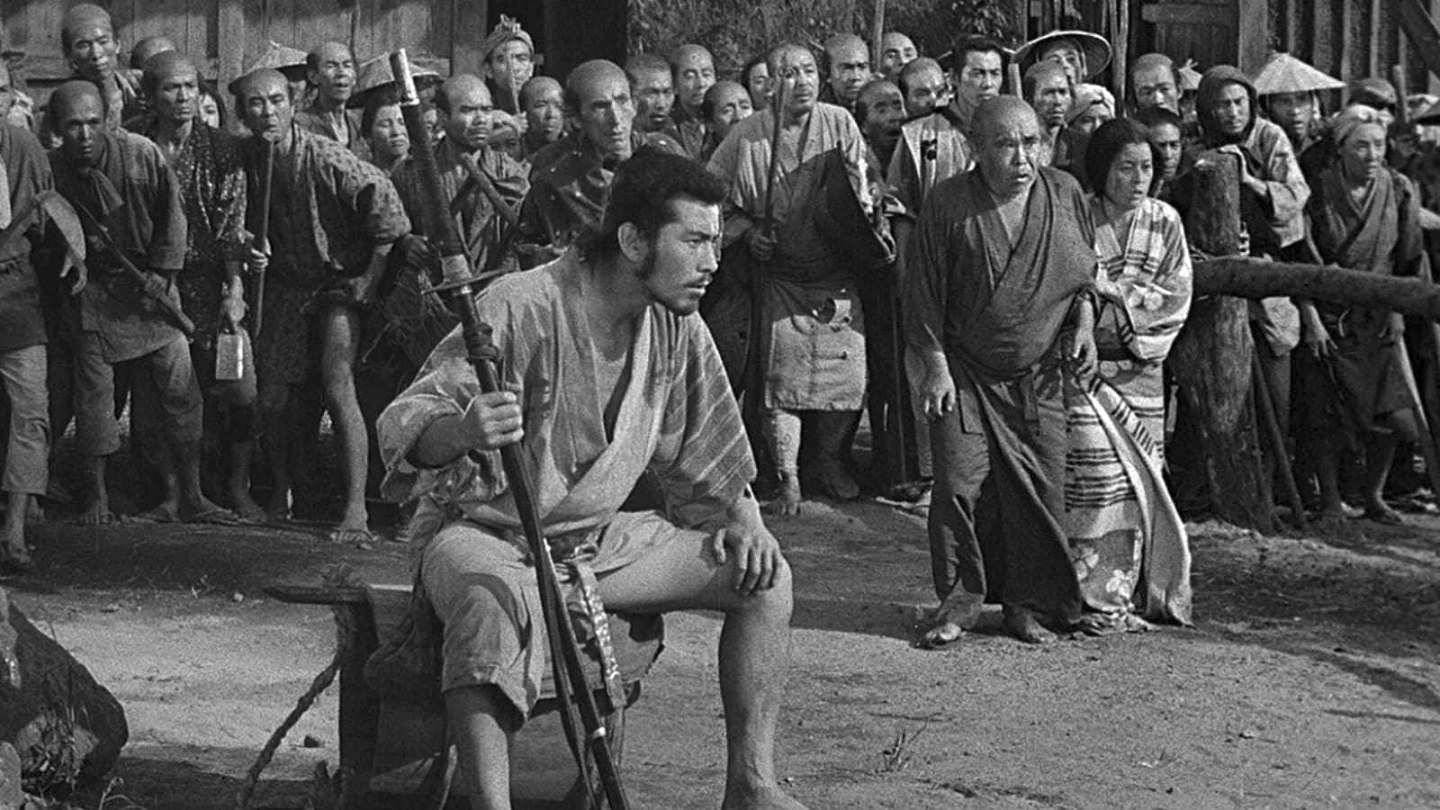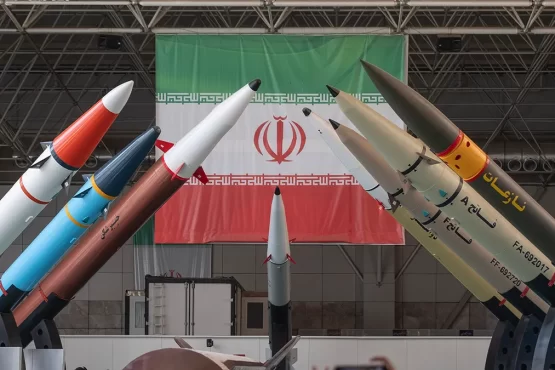Akira Kurosawa’s “Seven Samurai” marks its 70th anniversary this year, yet the film’s dynamism and sweeping narrative continue to mesmerize audiences and filmmakers alike. As a newly restored version hits theaters, beginning in New York and expanding nationwide on July 12, the film reaffirms its place as a cornerstone of world cinema.

The 207-minute epic, set in 16th-century Japan, follows a village’s efforts to defend itself against bandits by hiring seven samurai. Its influence spans decades and genres, from Hollywood Westerns like “The Magnificent Seven” to modern blockbusters and even animated features.

Kurosawa’s masterful direction is evident in the film’s kinetic energy. The camera chases the action through rice fields and wooded paths, creating a sense of constant motion that mirrors the urgency of the story. This dynamism, coupled with the film’s exploration of themes like sacrifice and individualism, resonated deeply in postwar Japan and continues to captivate global audiences.

“Seven Samurai” has long been a touchstone for filmmakers. Directors like Francis Ford Coppola, Martin Scorsese, and George Lucas have cited Kurosawa as a major influence. Critics, too, have consistently ranked it among the greatest films ever made. In the 2022 Sight and Sound poll, it placed 20th, maintaining its canonical status.

The film’s production was groundbreaking for its time, being the most expensive Japanese film ever made when released. Shot over 148 days spread across a year, it blended Kurosawa’s love for Hollywood genre films with distinctly Japanese storytelling.
Beyond its technical achievements, “Seven Samurai” offers a nuanced exploration of class dynamics and the nature of victory. The tension between the samurai and the villagers they protect adds depth to what could have been a simple good-versus-evil narrative.

As “Seven Samurai” enters its eighth decade, its restoration offers a chance for new generations to experience its grandeur on the big screen. The film’s enduring appeal lies not just in its influence or technical mastery, but in its ability to move audiences with its timeless themes and unparalleled storytelling.
Originally by:AP











